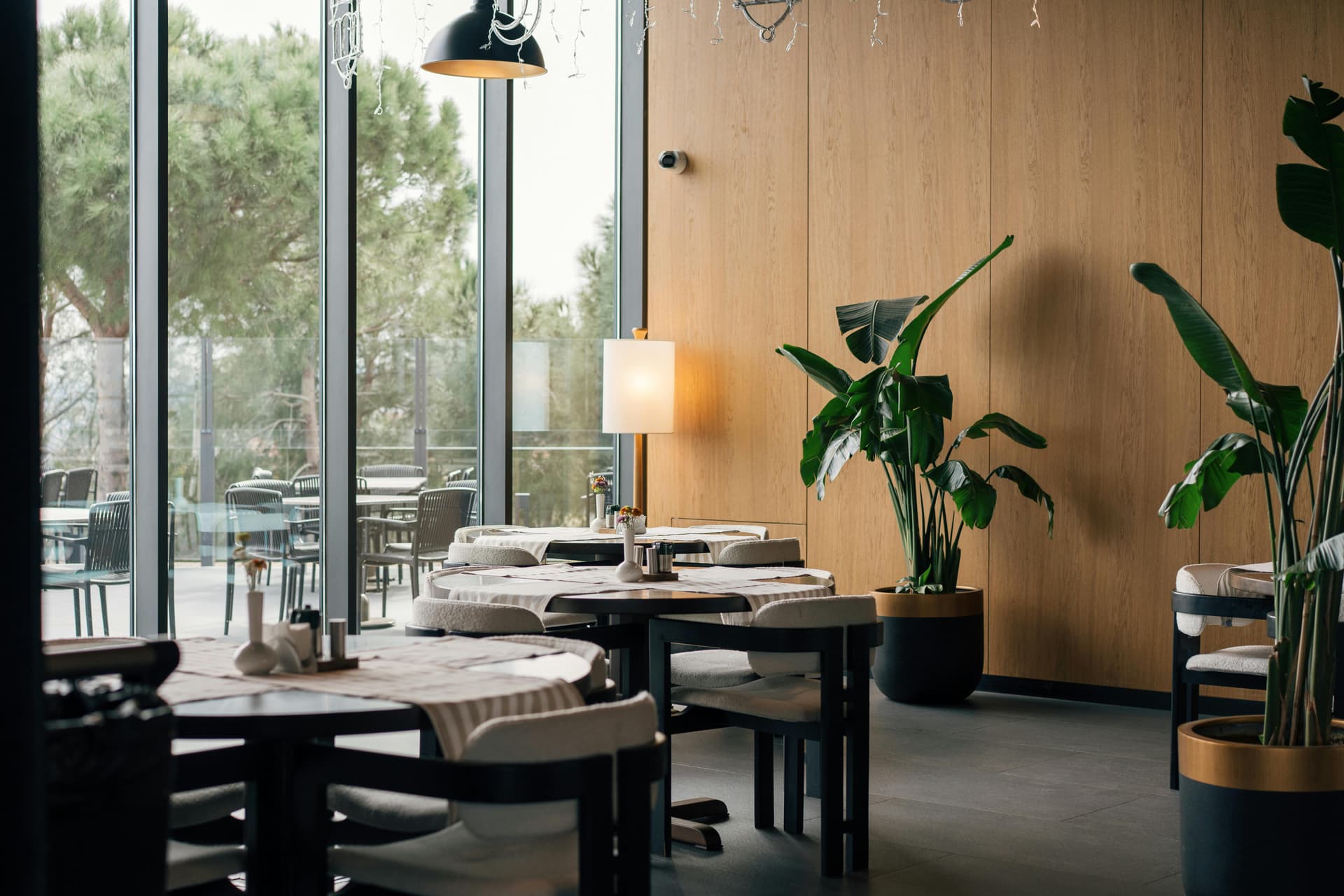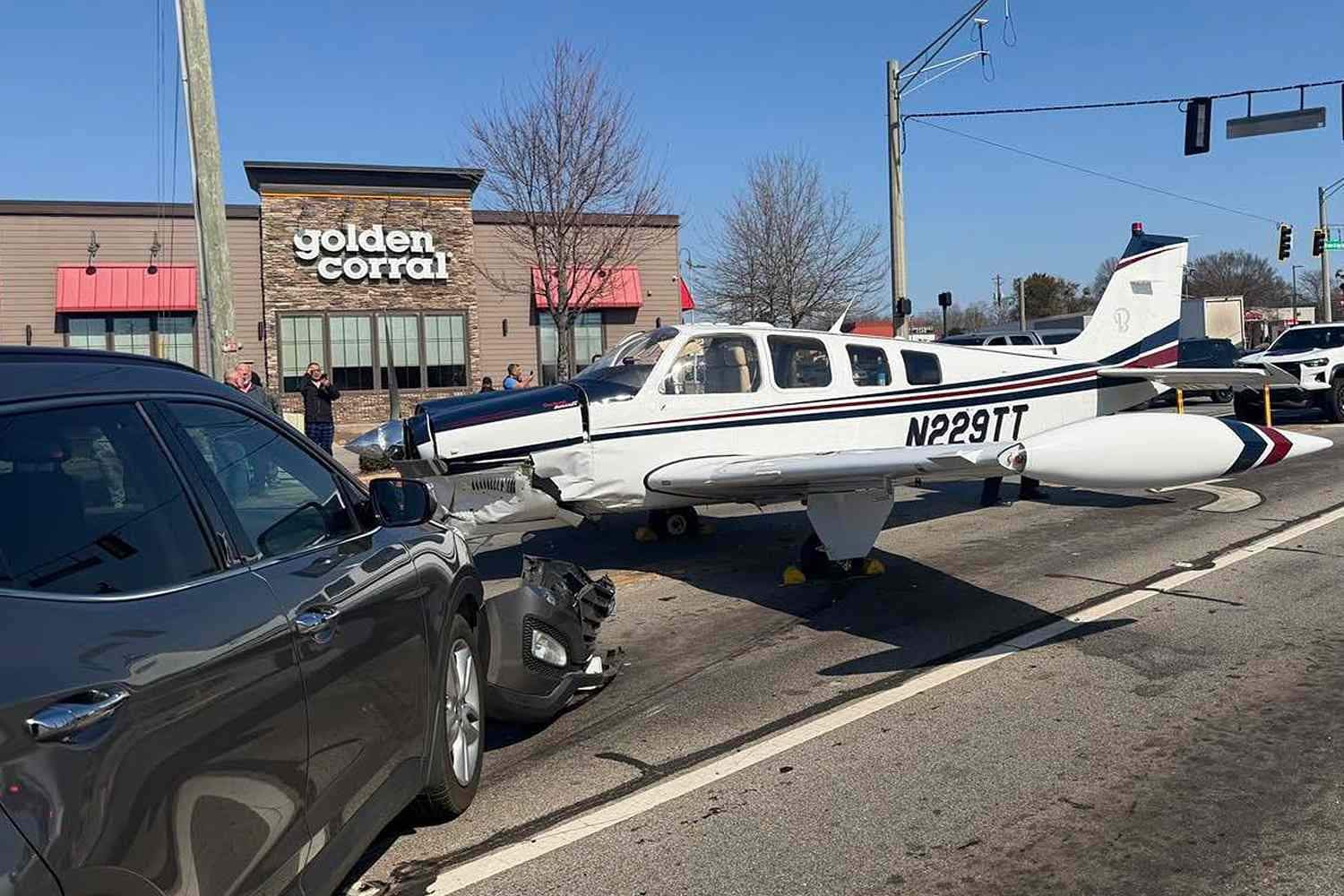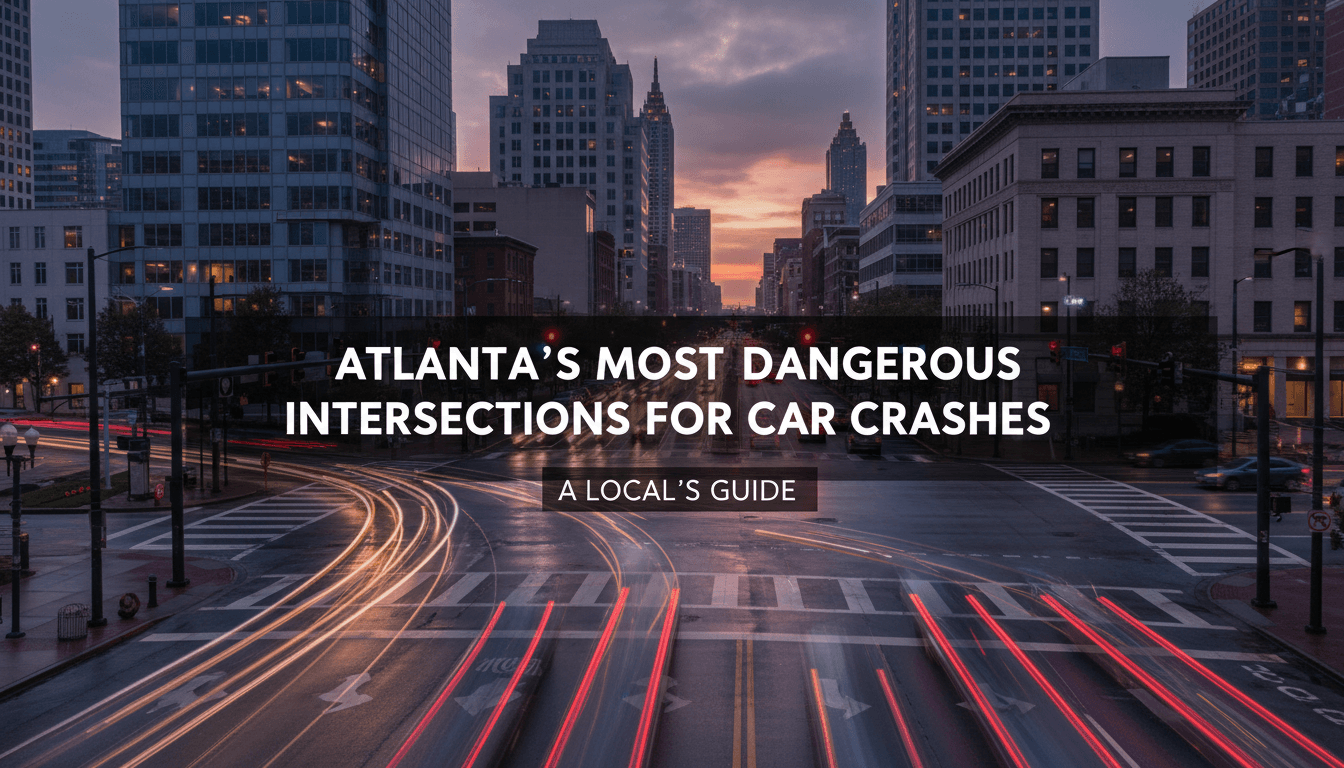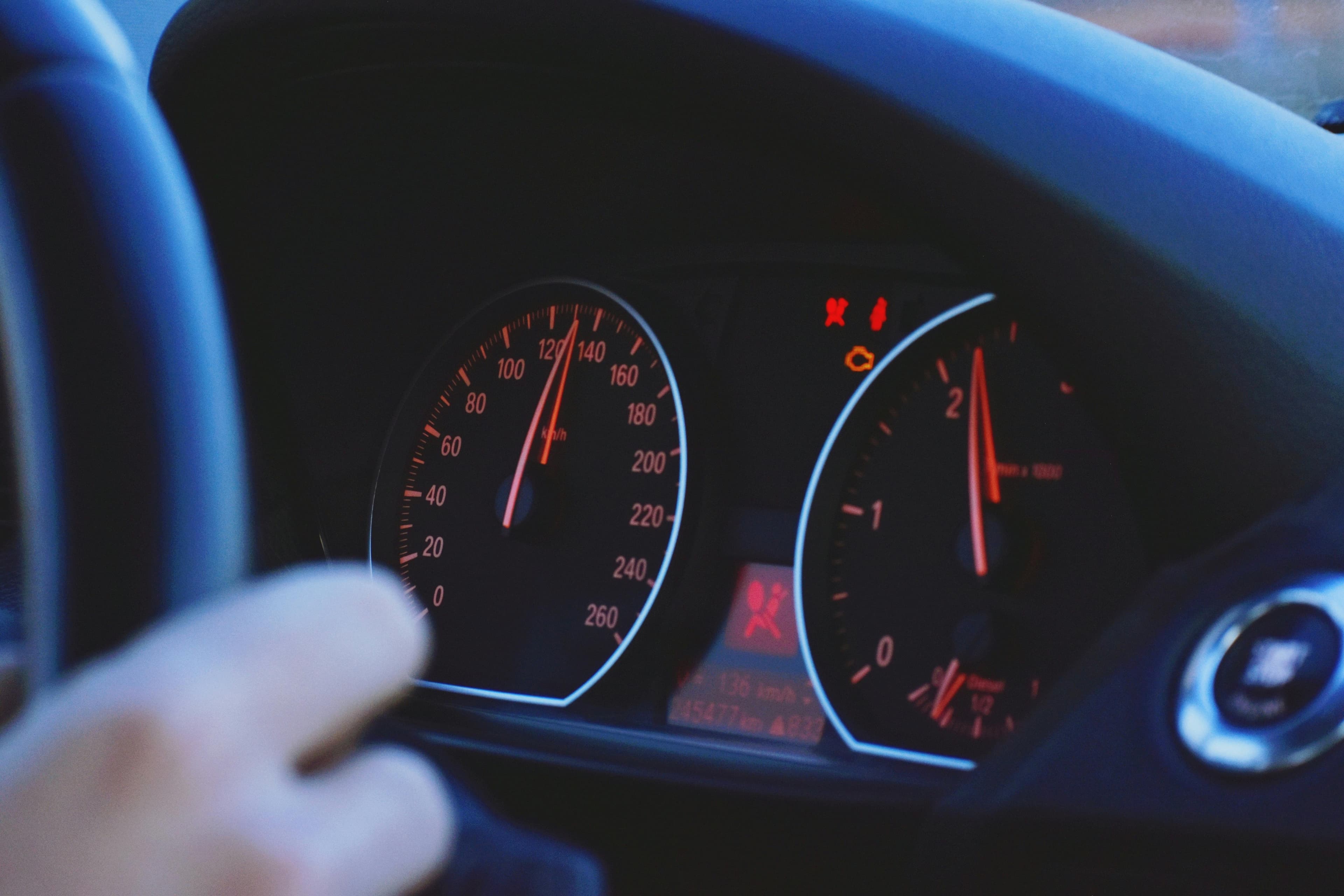Houston Restaurant Crash: Car Smashes Window During Live Food Review - Legal Analysis
A car crashed through a Houston restaurant window during a live food review, injuring influencers and patrons — and raising important legal questions about premises liability and venue responsibility in Texas.
At a glance: The Houston restaurant crash
Date: August 2025
Location: Cuvée Culinary Creations, Houston, TX
Who: Food influencers Nina Unrated and Patrick Blackwood
What happened: A vehicle crashed through the front window during a live food review
As ABC News's viral video shows, the influencers were reviewing signature dishes when a car smashed through the front window, sending glass and debris flying. Both influencers survived; they and several patrons sustained injuries but are expected to recover. The footage dominated TikTok, Instagram, YouTube, and morning shows for days.
Why this went viral
Several factors explain why restaurant crash influencer stories like the Houston event capture the public's imagination—and search engines:
Livestream culture: Real-time, unfiltered sharing means accidents are witnessed by thousands (or millions) instantly.
Audience fascination: Spectacular mishaps spark curiosity, empathy, and concern—all magnified by instant social sharing.
Platform algorithms: Videos with danger, surprise, or emotional response are prioritized, driving further engagement.
Influencer economy: High-visibility creators are increasingly "on stage" outside controlled studio settings, heightening exposure to real-world risks—and opportunistic threats.
According to ABC30, searches for "restaurant crash," "influencer accident," and "livestream accident" surged following the Houston event.
A pattern beyond Houston
The Houston crash is not an isolated event. In the past two years, several high-profile accidents and targeted acts have impacted influencers and livestreamers worldwide:
April 2025 — Chicago: A minimalist chef's live event was thrown into chaos when a fire alarm malfunctioned, resulting in crowd panic and minor injuries.
2024 — Los Angeles: Fashion vlogger struck by falling construction debris outside a popular café during a shoot. She livestreamed the aftermath, raising debates about urban safety zones for filming.
2024 — Berlin: A tech reviewer was injured after a reckless scooter incident interrupted a public product demonstration, with the video later going viral.
2023 — London: Food blogger's livestream interrupted by an aggressive passerby, resulting in security calls and rapid media attention as footage spread across Twitter.
Common themes link these viral incidents: real-world hazards, unpredictable interruptions, and the risk to social media creators during public filming. Each event points to a rising trend of influencer safety news and urgent calls for better risk management and legal clarity.
Restaurant and Venue Liability: Legal Perspective
From a personal injury law standpoint, incidents like the Houston crash raise important questions about premises liability in Texas. When accidents occur at businesses, understanding the legal framework is crucial for anyone considering a personal injury claim.
Texas Premises Liability Law
In Texas, restaurants and public venues owe a "duty of care" to all guests, including visiting influencers and their teams. However, this duty typically applies to hazardous conditions the property owner could reasonably foresee or prevent—not to genuinely unforeseeable, external acts (sometimes referred to as "Acts of God").
Under premises liability laws, businesses may be held legally responsible when their negligence in maintaining safe conditions directly causes harm to visitors. This legal principle applies to various scenarios including inadequate maintenance, failure to address known hazards, and insufficient security measures that could reasonably prevent foreseeable accidents.
In the Houston case, reports indicate the vehicle's entry was sudden and unpredictable—police have not attributed blame to the restaurant (see news video).
Still, the incident highlights how influencer visits and public filming can intersect with a venue's risk exposure and legal responsibilities.
Restaurants now face increased questions about insurance, guest waivers, and emergency protocols—especially for high-visibility reviews or streaming events.
What the Law Says (Texas Example)
Texas guidelines provide:
Venues must take reasonable steps to keep premises safe for all patrons.
Liability generally excludes truly unforeseeable accidents caused by external third parties.
Content creators are not automatically entitled to different treatment than other guests—but unique risks of public filming may warrant extra attention.
Legal standards and statutes of limitations vary by state; always seek formal advice for specific scenarios.
Trends in Creator Safety and Risk Management
The virality and headlines generated by incidents like Houston are driving rapid changes in how both influencers and venue owners approach safety:
Restaurants are reassessing seating layouts—such as pulling window tables further from traffic (see owner comments).
Growing demand for influencer-specific insurance, waivers, and written agreements outlining emergency procedures and liability.
Social media creators increasingly plan for worst-case scenarios, such as knowing exits, having emergency contacts visible, and alerting staff before filming.
Platforms are fielding more inquiries about livestream accident protocols and occupational safety for digital professionals.
Effective collaboration now means clear communication, risk awareness, and shared responsibility. Training and resource guides are fast becoming a must-have for both sides of the table.
FAQs: Influencer Accidents, Safety, and Going Viral
How often do influencers get caught in accidents while filming?
Incidents remain rare compared to the volume of creator content, but public awareness—and media coverage—are rising as more creators film in unpredictable environments. Newsworthy incidents tend to reach wide audiences quickly.
What legal responsibilities do venues have toward content creators?
Venues are generally obligated to provide a safe environment for all guests. Liability often depends on whether injuries resulted from preventable hazards or truly unforeseeable acts. For complex situations, professional legal advice is recommended.
Should content creators livestream in hazardous environments?
Livestreaming in public spaces always carries some risk. Creators should assess surroundings, communicate with venues, and consider additional safety measures. Venues may institute guidelines to help prevent livestream accident scenarios.
What are the risks of going viral after an accident?
Rapid exposure can amplify reputational and privacy risks, as well as bring unanticipated attention from media, law enforcement, and regulators. Establishing clear response protocols can help protect both creators and businesses.
How can restaurants protect guests and content creators during filming?
Emergency planning, updated seating and security arrangements, staff training, and clear communication are all key. Consider consulting with legal professionals about liability protection and safety protocols.
Conclusion: Lessons for Creators, Venues, and the Public
The Houston driver smashes window food influencer incident is a powerful reminder: as more creators share their lives and work in public, safety cannot be left to chance.
Creators should remain vigilant, plan for emergencies, and work proactively with venues.
Restaurants and public spaces must continually assess risk exposures and update protocols—especially when hosting high-visibility events or digital creators.
The public plays a role in supporting responsible content and respecting the boundaries and safety needs of creators and businesses alike.
Striking a balance between creative storytelling, viral reach, and real-world responsibility is no longer optional—it's essential. For those affected by similar incidents, understanding your legal rights and consulting with experienced personal injury attorneys can help ensure proper compensation and protection.




